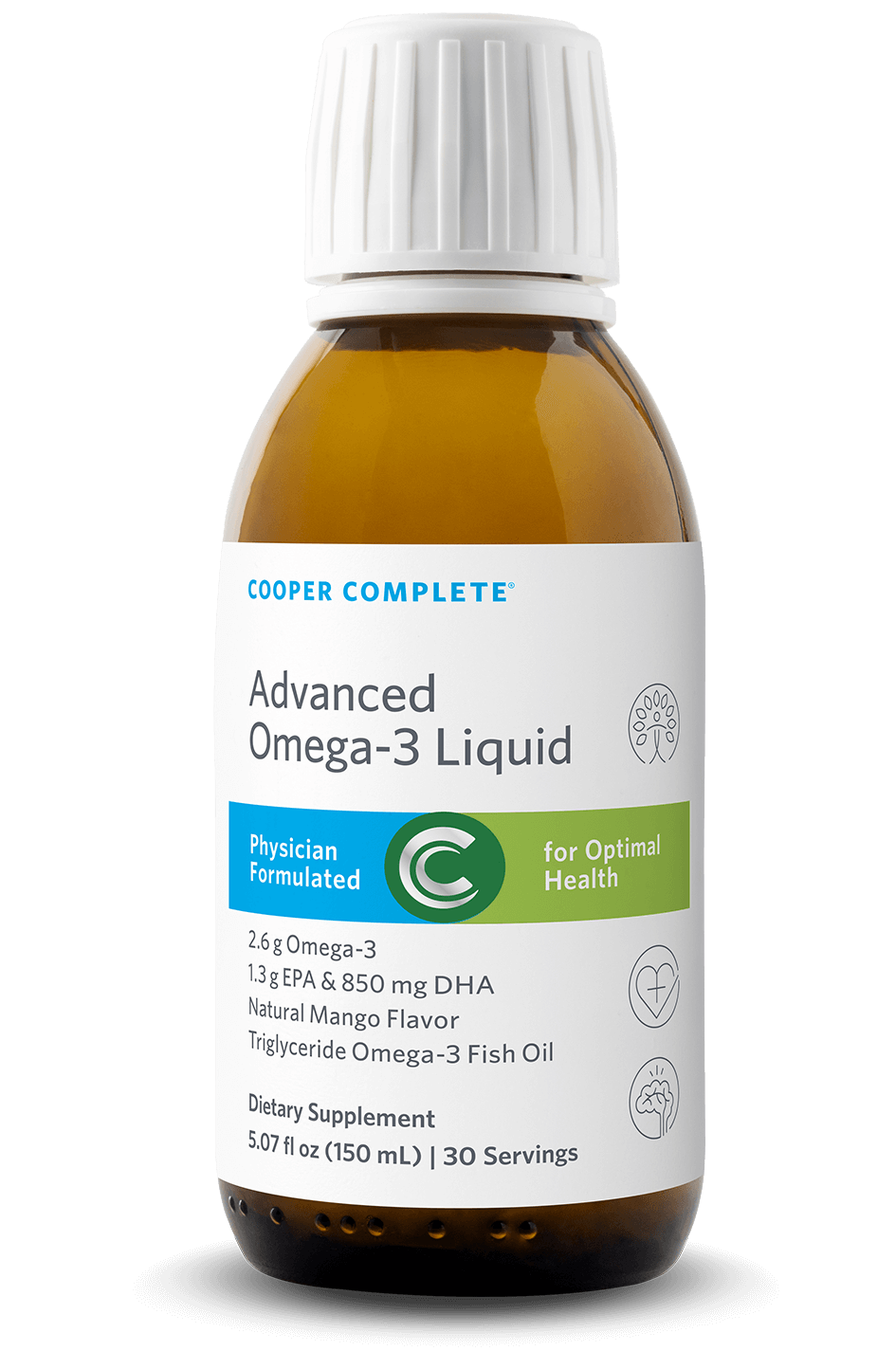Does Your Child Need a Multivitamin?

As a middle-aged woman with grown stepchildren who were in their teens when their father and I married, I haven’t had the experience of raising a child from infancy to adulthood, so the ideas I have come from watching others. With honestly virtually no exceptions, parents of infants and toddlers seem to do an amazing job feeding their children – infants are breastfed, and as food is introduced, there’s a big focus on single-ingredient whole foods, with fruits and vegetables often center stage, and whole grains, lean protein, and good plant-based fats rounding out the diet. Typically, there is no need for a kid’s vitamin at such a young age unless your Pediatrician recommends specific supplementation.
The Food Police?
However, things really seem to change when the child transitions to preschool age. Potty trained, steady on their feet (walking, running, climbing, etc.), and with good language skills, the older child’s circle of influence has extended and expanded far beyond Mom and Dad – the child is likely in daycare or playgroups, engaged in dance or a team sport, and is probably spending lots of time (without Mom and Dad) with the grandparents and extended family. The preschool child has also likely been exposed to quite a bit of TV or videos (where the commercials or product placements are targeted directly to the child and not the parent), and “all at once” that sweet baby is no longer happily eating peas and carrots! The typical preschooler is busy and opinionated, and their parents are exhausted. Parents are often doing it alone at this point, too, as according to the statistics, about half of all preschoolers have divorced parents. At the end of the day, most parents don’t want to add “food police” (or bad guy) to their job description.
No more carrots and peas…; is it time for a kid’s vitamin?
So, it’s entirely possible that despite their fabulous initial introduction to food, our growing child now only wants French fries, blue Gatorade, chicken nuggets, and corn! Or turkey sandwiches on white bread and bananas. Having seen the wide variety of food suggested in the food pyramid, a severely restricted diet will usually lack the vital nutrients required for optimal growth and development. Favorite foods like cookies, cakes, soda, and chips have lots of calories but almost no nutritional value, and it’s a growing concern that many children are over-fed and undernourished.

Advanced Omega-3 Liquid Supplement
Naturally flavored mango Advanced Omega 3 Liquid supplement is a molecularly distilled, high-concentration fish oil that contains 1300 mg (1.3 g) EPA, 850 mg DHA, and 175 mg DPA (Docosapentaenoic Acid) omega-3 fatty acids in each teaspoon (5 mL) serving. Omega 3 supplementation supports heart health, cognition, immune and inflammatory health.†
$52.48 Add to cartProviders vs. Deciders
Parents are the providers, and children are the deciders. So, does your child need a kid’s vitamin? For the child who is eating a fabulous, well-balanced diet (with adequate exercise), a kid’s vitamin probably isn’t needed. On the other hand, you know your own child best. If your child isn’t eating an optimal diet, they may well be missing out on Vitamins A, C, and D, along with calcium and iron. Just as adults often take a multivitamin (and omega-3) to supplement or augment their diet, the same may be a good option for children.
Be careful when choosing a kid’s vitamin
If a kid’s vitamin is selected, it’s important to choose wisely. Sadly, the world of supplements for children is no different from cereals, where sugar and flavoring additives have been dressed up as healthy and marketed directly to children.
The level of vitamins and minerals varies dramatically across brands, so it’s important to review ingredient panels. In chewable products, it’s tempting to purchase a chew-able “gummy” product because they taste so good. It might be tempting to go with the idea that “all gummy vitamins” are about the same, but the number and levels of vitamins vary greatly, as does the amount of sugar.
Article provided by Jill Turner.
